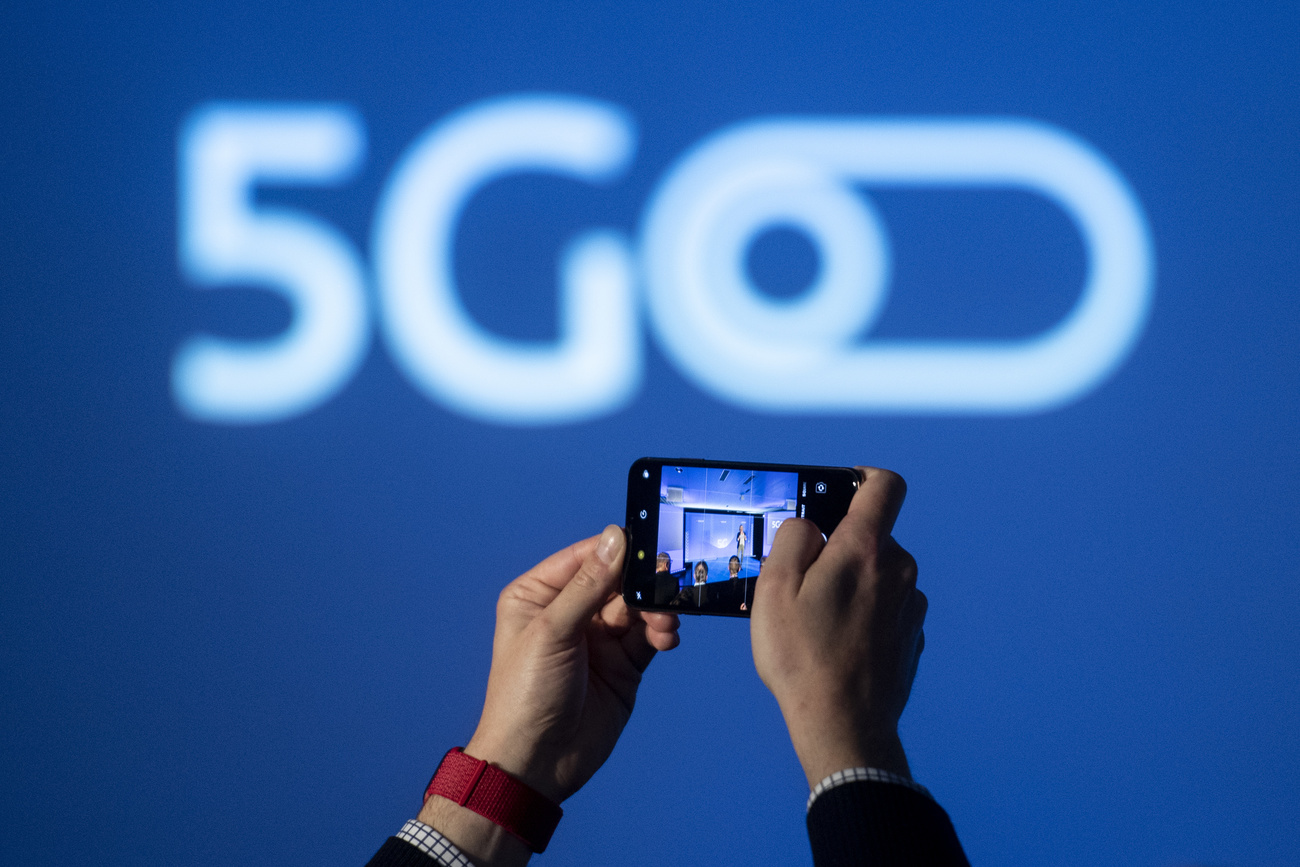
5G could have positive impact on climate, researchers say

A study by Swiss researchers claims that 5G technologies can help reduce greenhouse gas emissions due to greater energy efficiency.
On Thursday, researchers from the University of Zurich and Federal Materials Testing Lab (Empa) presented the results of their study to the parliament.
They found that the expansion of the 5G network in Switzerland up to 2030 would release an additional 0.18 mega tonnes of CO2 into the atmosphere. In return, new applications made possible by 5G have the potential to lower CO2 emissions by 2.1 mega tonnes, mainly through boosting energy efficiency.
“The 5G network in 2030 should cause around 85% fewer emissions per unit of data transported than today’s mobile phone network. In addition, there are indirect savings from new uses, such as smart grids or new applications in agriculture with more targeted use of fertilisers and pesticides,” said an official statement released on Thursday.
The study’s authors also point out that because 5G supports faster and larger transmission of data, it can better support flexible or remote working arrangements, which in turn reduces emissions generated by commuter traffic. The researchers did not include the potential of 5G-enabled prospects like autonomous vehicles, tele-surgery or intelligent buildings, because they are unlikely to become mainstream by 2030.
The study was commissioned by the swisscleantech business association and mobile operator Swisscom.
Opposition movement
In Switzerland, telecoms operators are already rolling out the new 5G high-speed mobile technology. However, there has been certain resistance, especially in some French-speaking regions. In the face of public pressure, some Swiss cantons have introduced a moratorium on the construction of new 5G antennae. Opponents of the technology have also launched campaigns to force a nationwide vote on the issue. They have until the middle of next year to collect the 100,000 signatures needed.

In compliance with the JTI standards
More: SWI swissinfo.ch certified by the Journalism Trust Initiative






























You can find an overview of ongoing debates with our journalists here . Please join us!
If you want to start a conversation about a topic raised in this article or want to report factual errors, email us at english@swissinfo.ch.